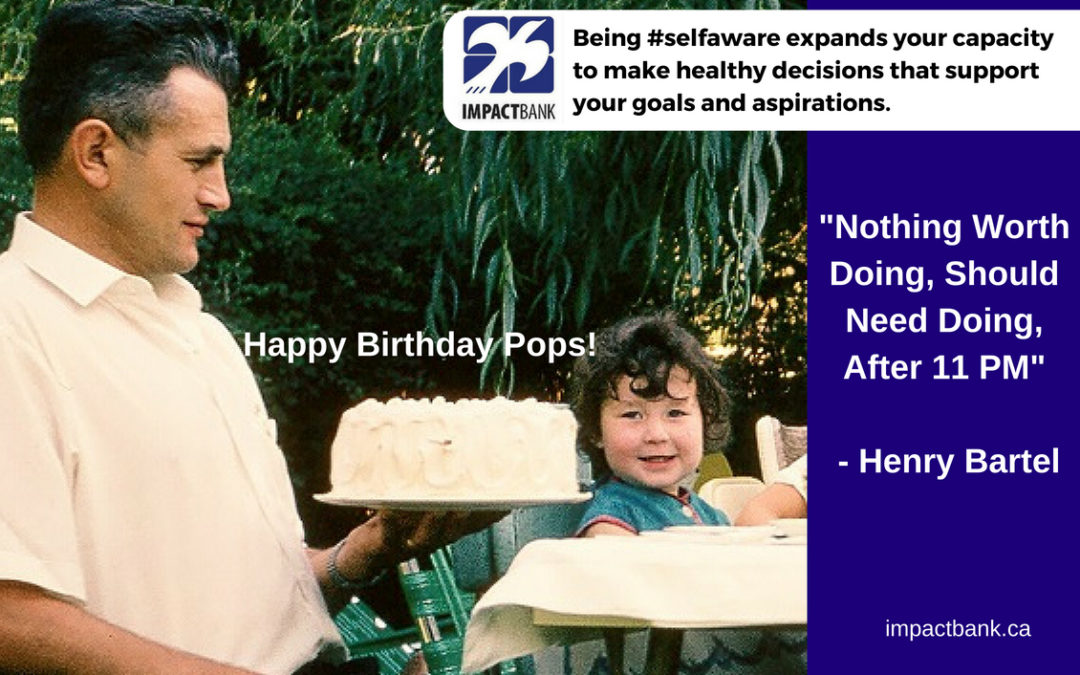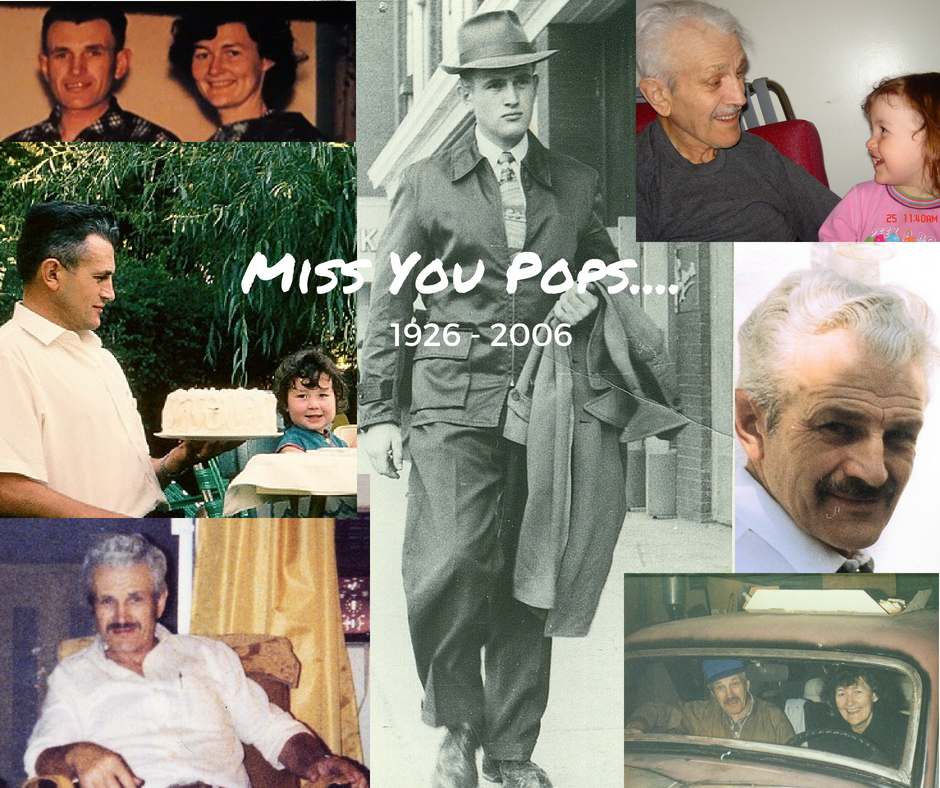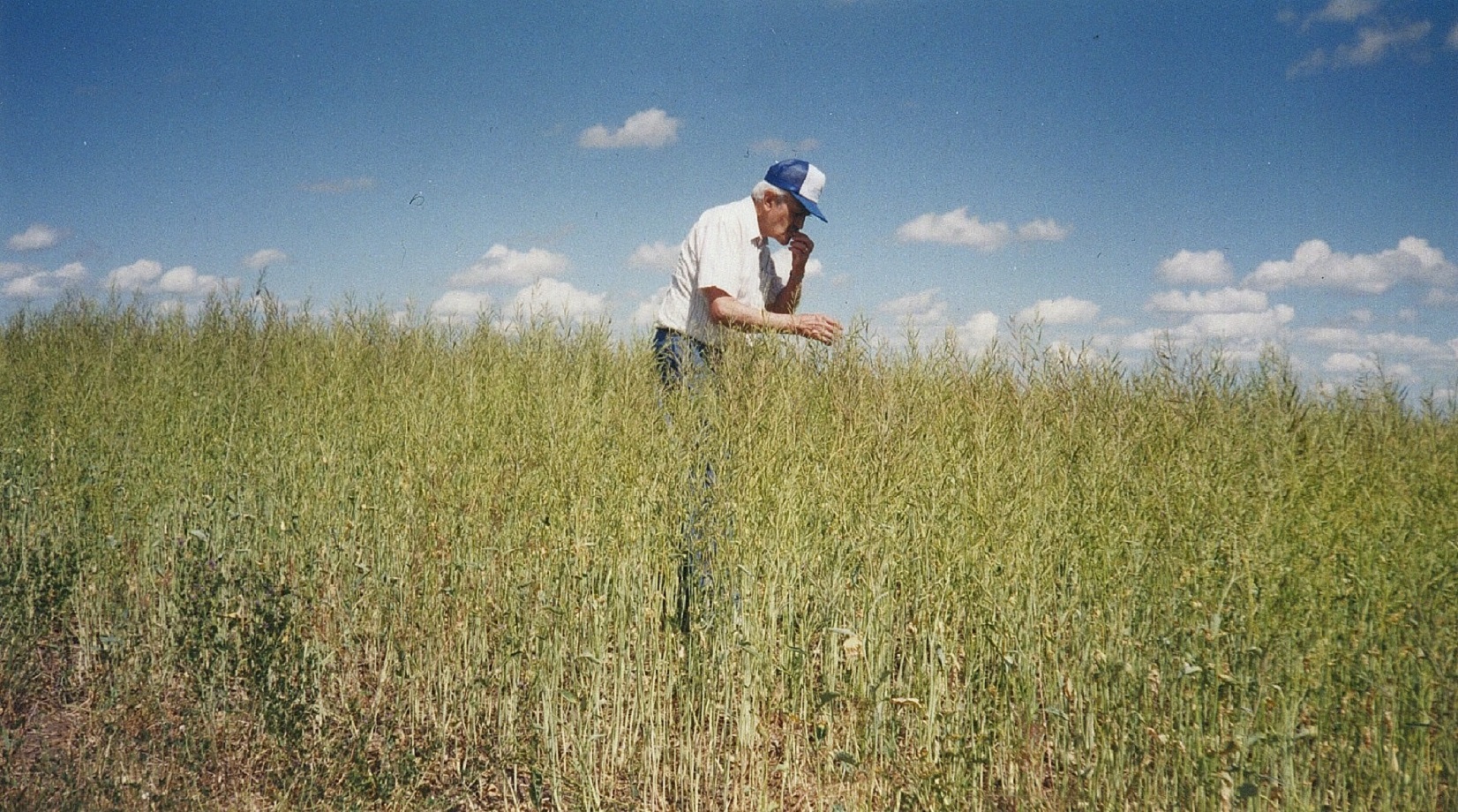My Dad, he’s alright, My Dad! Today would have been my dad’s 92nd Birthday so it’s a great day to reflect on all the lessons he taught me and insights he provoked. It actually has been the theme of my week.
I talked in this week’s #podcast episode about how my dad prompted insights during my childhood, and beyond, by teaching me about being responsible with resources. Strangely recent memory of these particular insights and the accompanying awareness of its impact was sparked by an InstaPoet (Rupi Kaur), as I share in the episode. I think my dad would have enjoyed a good laugh when hearing the way she reminded me of him.
I’ve written about my dad before AND I’ve told stories about him in my #podcast. He, like most dad’s, had many flaws and I refuse to forget that or make him a saint, largely because when we shine people up and make them a better version of human, we strip them of their humanity and a lot of their beauty. It seems to me we also rob ourselves of the lessons they taught us and the insights they provoked.
As I say in the newsletter reflections I shared this week, he could be a difficult man, demanding even. He had a strict code of conduct for himself and wanted his daughters to work between the lines he set. I always felt though, that he admired and even respected when we stepped on the lines boldly and defied him or even society’s demands of us ESPECIALLY when they had to do with gender restrictions, with a few exceptions which I may write about another time. I noticed early how he never extended any discipline for defiance or the obvious rule-breaking when it didn’t hurt anyone. He didn’t like unkindness, especially when I was unkind to my mother or my sisters. My mother was also a bit of a rebel for their generation so clearly he valued that “independent spirit” in people. The fact that he courted and waited years for my mother to sow her wild oats, speaks volumes for how he valued people who don’t easily succumb to the rules or expectations society places on them. My mother was a tough nut to crack with her highfalutin ways and seeming “elegance”, some called uppity, that appeared to put her out of his reach BUT he admired the spunk and the drive in her, that allowed her to break through the norms placed on women in the 40’s and 50’s. AND, he waited for her. He wasn’t always a patient man but I can see how that was a trait he could access when it mattered to him.
Dad taught me the law of the farm. He didn’t call it that, he didn’t call it anything, he lived it. He modeled it in the choices and the sacrifices he made. So let’s break down three lessons and related insights that are core to the law of the farm.
- Time is one of your most valuable assets. If the land is ready for seeding, you don’t sleep. If the cattle, or the chickens or the pigs need to be fed or if the garden needs to be watered or weeded, you take action NOW. If it is time for rest, you sleep and relax fully. Afternoon naps are one of the wisest ways to use your time because of its impact on item number 2, below. Here’s the thing that is most obvious to me now in the law of the farm: it is URGENCY without FIREFIGHTING. Throughout most of my career I have witnessed how leaders wear firefighting in the workplace like a badge of honour – even when they could have anticipated the danger and use urgency in preparation to ward off the crisis. I see it in politics and in my community and it stuns me how poorly we act on this lesson. If you don’t plan your seeding or harvest based on the needs of the land or until it’s urgent and requires ALL HANDS ON DECK, you will be a failure as a farmer. You will take low grade crops to market and pay higher than necessary labour costs to bring it in. Farming makes a great metaphor for building a career and a life of purpose because first of all, farmers have a higher purpose (nurturing the world and for some love for the land) and secondly, farmers are completely at the mercy of weather and the seasons just as you are impacted by the market place and its swiings – the movement of time itself. If you want to feel free, as I do, you need to learn to plan and anticipate within the parameters you don’t control so you can enjoy choosing from the options where you do.
- Energy must be conserved when possible. If you want to have the energy you need for the unexpected or the emergent demand, being prepared with energy reserves is wise. Think of the black out in Toronto in 2003. The consequences when energy is not managed well is chaos. Whether it is individual or collective energy (human) or even shared resources of external energy sources (oil and gas, hydro, nuclear, wind, solar etc), we are learning in some difficult ways about the importance of preserving, storing and managing our resources. Being #selfaware prepares you to assess your levels of energy, where they come from and what depletes them. For your career to flourish, understanding and nurturing your energy in ways that align with your unique needs is essential to long term success. Want to live freely, be responsible and accountable for your own energy reserves. Just like an economy that isn’t reliant on other countries (and sometimes hostile regimes) feels vulnerable and dependent, when you have developed practices and habits that ensure your reserve management is healthy, you will be happier and be living more freely.
- Diversity encourages renewal. Summer fallow practices, historically at least, were common – the practice of leaving farm land dormant for a season to recuperate and replenish itself, like a person taking a sabbatical. My dad was one of the early proponents of crop rotation. Again, this falls into the category of not wanting to waste resources. I joked with him about this one day. He quickly schooled me on the importance of not believing everything I heard or read. He shared with me that it wasn’t as simple as it sounded and that while summer fallow had been a meaningful response to poor yields and grades due to poorly managed land, it had its challenge. One example he offered was how when a farmer would till the land during its summer fallow cycle (which was common practice), there was a good likelihood it would lose some if its fresh and most fertile top soil after it was brought to the surface, often negating or at least weakening the benefits of the ‘break” it was getting. I remember he personalized his point by asking me about my childhood summer vacation and how while I liked to go and play and ride my bikes with my friends, how I still enjoyed reading and learning and talk about things that mattered to me even when formal education wasn’t demanding it of me. I didn’t stop being interested in learning while I was replenishing myself. He pointed out how the “break” just allowed me to shift the mix a bit for a short period as I enjoyed my reduced schedule. I believe he also used our annual family summer vacation time and how he and my mother would mix up their schedules as a more adult example. Then he explained to me how there are different forms of replenishing the land including the winter break when it hibernates in darkness below the snow and he said a few things for which the details are hazy about the practices used in seeding and harvesting and how it matters to the health of the soil. AND he talked about why he and Glen (his renter) had decided to apply the principles of crop rotation and plant peas on one of his quarters that year and they were considering lentils for the next season before returning to either wheat or canola which had been the common crops for that piece of land for the past five years. I’m sure my eyes glazed over at one point but strangely as the years went on and I grew up and studied people, performance and business, I started to get more curious and he and I had a few great conversations about the impact of diversity on performance in nature, communities, government and business. (Below is a picture of Dad when I drove him out to one of his precious wheat fields in the summer before he died. He wasn’t helping work his land any more but he liked to feel connected to it. I just took some time while he explore the field to lay down in the midst of it and enjoy the amazing Saskatchewan skies. Of all the pictures I framed for his palliative care room, other than those of my mother, this was his favourite.)
I am on a mission to become more #selfaware and one of the first principles that is obvious in this learning quest is the centrality of people and relationship. I’ve always been a results driven person. It turns out, based on a few assessments I’ve taken, I’m more naturally relationship-oriented, but I have been socialized by the business world to look first to processes and systems and the outcomes they produce. I’m delighted to see all the learning I can do in the relationship-focused, people-centric, element of my mission. It is freeing. Rules and processes and systems and delivering on outcomes are valuable and honourable but I think of the last Christmas with my dad. One of his lessons that I spoke about a lot in the week this is post was published and it went like this:
Nothing Worth Doing, Should Need Doing, After 11 PM
– Henry Bartel
He lived by this and repeated it often. My older sister and I visited my parents in Saskatoon for Christmas in 2005, not knowing but perhaps suspecting it would be his last Christmas (and it was). My sister and her family were leaving one night on the 3 AM train. Mom and I were driving them. Dad didn’t go to bed at his usual time and the rest of us exchanged glances, wondering what was happening. He appeared to be struggling and moved around a lot but never even dropped hints that he needed to go to bed. He waited until we left for the train. I witnessed and internalized a new lesson that night. Rules may not be made to be broken HOWEVER, they are not made to hold us captive either. Rules serve us, not the other way around. People over rules. – it is truly FREEING to realize this truth.



